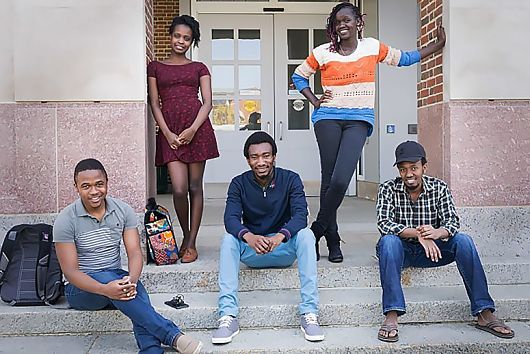STEM Education to Reduce Global Poverty

There are countless efforts being made and programs being conducted across the globe to alleviate global poverty. Most of these address immediate concerns that go along with the crisis: improving medical care, providing food, building shelter and bringing in energy. However, in order to fully put an end to global poverty, proactive measures must be put into place. Many experts are calling for major investments in science education in developing parts of the world in order to empower generations to come by helping them move forward and out of their economic hardships.
Countries that invest in science and technology sectors will reduce income inequality, alleviate extreme poverty and improve national health. Experts state that 3.5 percent of a country’s GDP should be invested in science, technology and innovation (STI) industries. The problem is, however, that many developing countries have little to no STI sector in their economies. The way to build these sectors is through science, technology, engineering and mathematics education, or STEM education for short.
There are two major ways that STEM education is being implemented to aid the developing world. The first is through aid programs on the ground in developing countries. Companies like Intel and Microsoft have been investing in science and technology schools throughout Africa and Latin America. The companies are working in conjunction with programs like Women in Science, Engineers without Borders and the Bill and Melinda Gates Foundation to provide science education to thousands of young people.
The second way STEM is being implemented to aid the developing world is occurring right here at home. The U.S. is home to the largest number of foreign undergraduates in the world, many of whom come to study STEM subjects. Dartmouth University stands out in particular. The Ivy League school has just launched a $35 million King Scholarship program, which seeks foreign students who wish to study with the intention of alleviating poverty in their home countries. Scholarships are given to candidates who themselves come from rural, developing areas of the world.
A better-informed society has better access to food, water, improved shelter and efficient sustainable energy. The only way to create a more informed society is through education. Poverty relief is necessary for a better world, and in the current state, poverty-stricken nations are reliant on foreign aid. But there is a chance that one day, through education, these nations can become empowered and self-sufficient in tackling this global crisis.
– Joe Kitaj
Sources: Reuters, Take Part, Huffington Post
Photo: Take Part
